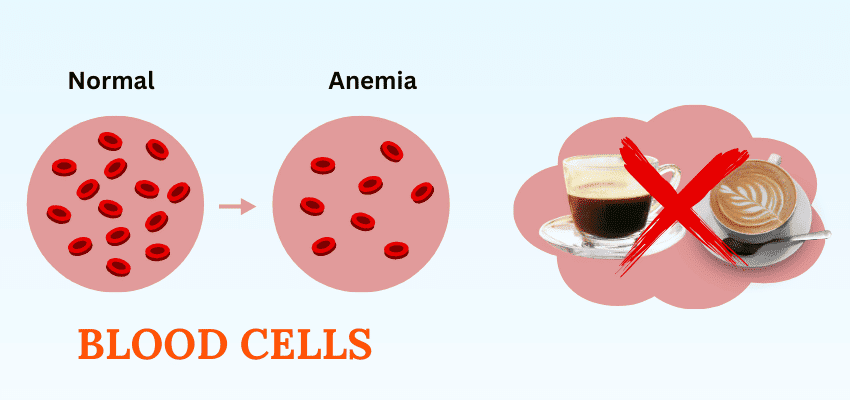CHENNAI: The Indian Council of Medical Research has advised that if you eat tea and coffee an hour before or after eating, it will affect the availability of iron through food and this may lead to defects like anemia.
People who do not drink tea and coffee can be counted on fingers. In India, it is a little rare to see a house without tea and coffee in the morning and evening.
Many people feel like they are missing out on the day if they don’t drink tea or coffee. Whether it’s winter or summer, the tea shop is always crowded. Many people have the habit of drinking tea and coffee even in the afternoon. Many young people can be seen drinking tea even when they are hungry enough to say that this is their breakfast… In this way, these hot drinks have found an inevitable place in the food culture of Indians. Various studies also emphasize that consuming too much caffeine in tea and coffee is not so good for the body.
It is in this situation that Indian Council of Medical Research (ICMR) has issued a new instruction for tea coffee drinkers. The Indian Council of Medical Research in collaboration with its subsidiary National Institute of Nutrition (NIN) has issued a notification to promote healthy eating habits of people. It states;-
Tea and coffee contain caffeine. Hence it stimulates the central nervous system and physiological dependence. A 150 ml cup of coffee contains between 80 and 120 milligrams of caffeine. Instant coffee contains 50 – 65 milligrams and tea contains 30 – 65 milligrams of caffeine. Consuming more than 300 mg of caffeine per day is not good for health. Similarly, one hour before eating and one hour after eating, tea and coffee should be avoided. Because these drinks contain tannins. These tannins block the absorption of iron from food by these drinks. This can lead to health problems such as anemia.
Drinking too much coffee and tea can cause high blood pressure. At the same time, drinking tea without milk can improve blood clotting and reduce the risk of coronary artery disease and stomach cancer.




